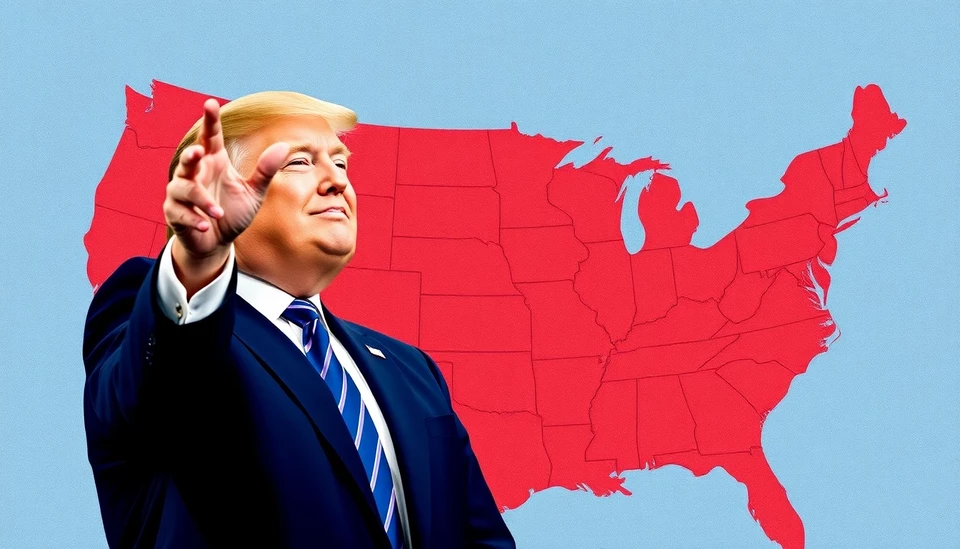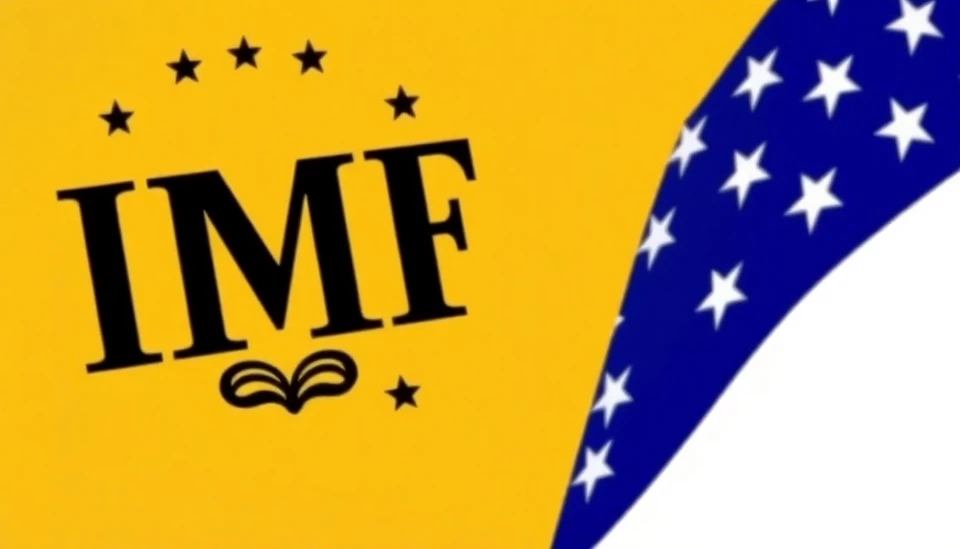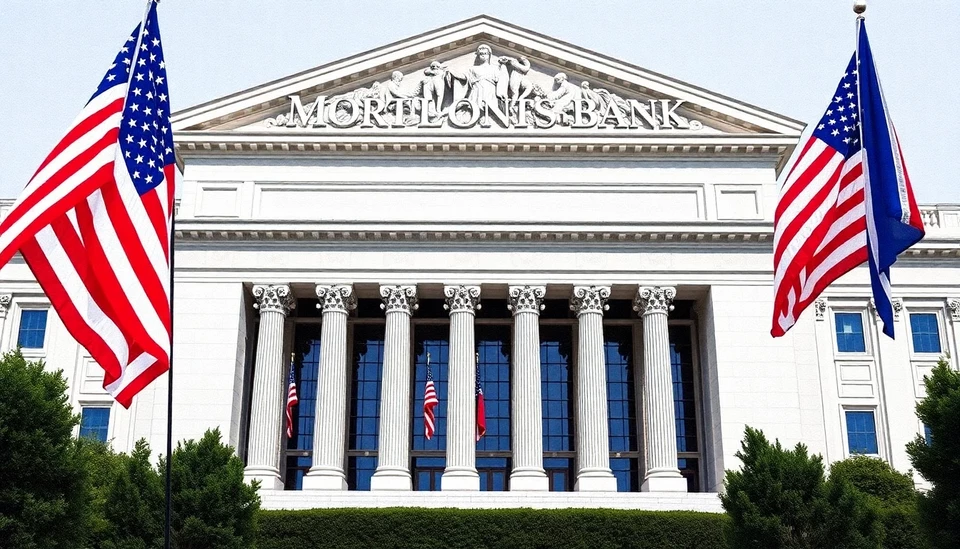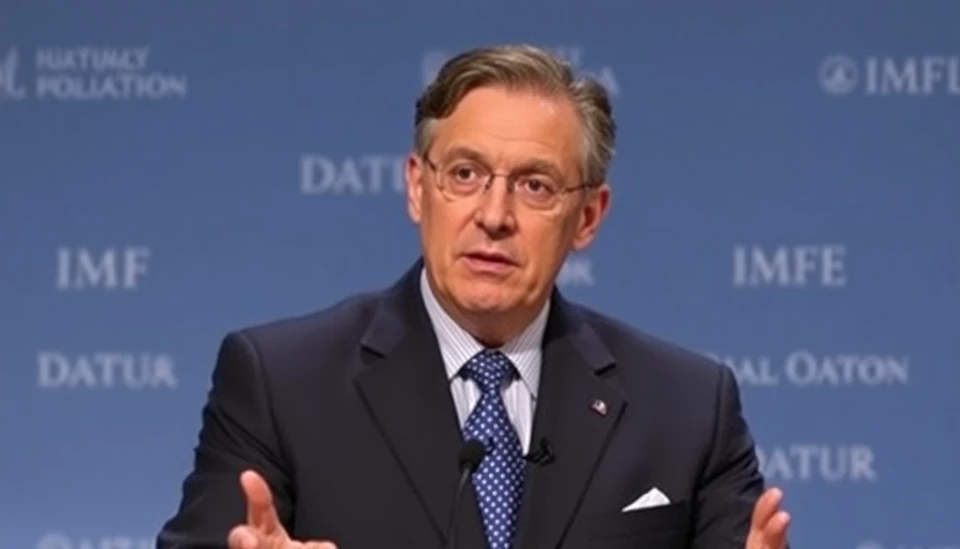
In a recent statement, IMF Chief Economist Gita Gopinath emphasized the significant influence that the impending U.S. presidential election will have on the global economy. As the electoral process heats up, Gopinath noted that the decisions made in the United States have far-reaching implications that extend beyond its borders, potentially affecting various economic variables worldwide.
Gopinath's assertion comes against the backdrop of heightened uncertainty in global markets, exacerbated by mixed economic signals from the U.S. and geopolitical tensions in other regions. She highlighted that the U.S. economy, being one of the largest in the world, plays a crucial role in international trade, investment flows, and overall economic stability. Any shifts in U.S. policy or economic direction resulting from the election could lead to substantial changes in global financial markets and economies.
A significant focus of Gopinath’s remarks was the potential impact of the election results on global inflation rates and interest policies. With inflation pressures being a central concern in various economies, the U.S. Federal Reserve's monetary policy decisions, which are influenced by the presidential election outcome, will be critical. Gopinath pointed out that a change in leadership could lead to different approaches regarding stimulus packages and inflation control measures, which would ripple through to emerging markets and developed economies alike.
Furthermore, Gopinath underscored that U.S. foreign policy relationships, particularly with regions such as Europe and Asia, might experience shifts following the election. Trade agreements, tariffs, and international cooperation on climate change and public health are among the key areas that could be re-evaluated, depending on who prevails in the electoral process. The anticipation of these changes can already be seen in the responses of global markets as investors brace for the potential outcomes.
Overall, Gopinath’s commentary serves as a reminder of the intertwined nature of the global economy and the weight of decision-making that occurs outside of any single country’s borders. As the U.S. election approaches, stakeholders across the globe will be closely monitoring the political landscape, anticipating how it may shape economic policies and international relations going forward.
The critical message remains clear: the choices made within the United States can send shockwaves throughout the global economy, influencing decisions made in boardrooms, policy discussions, and those affecting everyday life in many nations. The anticipation surrounding the election thus presents not just a moment of national importance, but a pivotal point for global economic dynamics.
As we move closer to the election date, attention will undoubtedly intensify regarding how electoral outcomes may alter the trajectory of economic policies – making it essential for both political analysts and economic strategists to remain vigilant.
#IMF #GitaGopinath #USElection2024 #GlobalEconomy #EconomicImpact #MonetaryPolicy #TradeRelations #Inflation #MarketTrends
Author: Laura Mitchell




